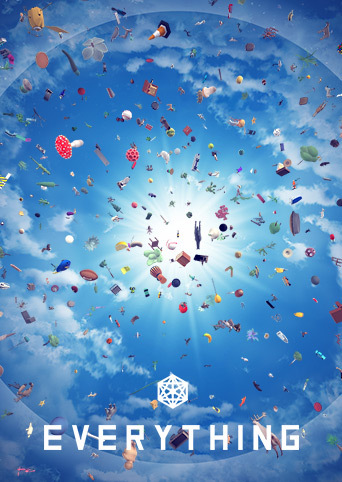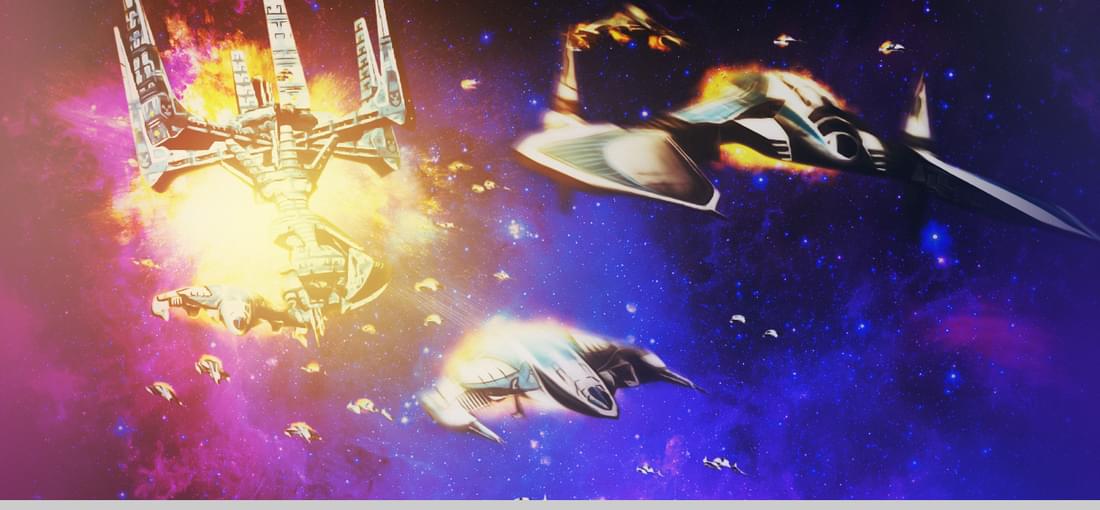



"Everything" tries very hard to present a perspective-altering experience that awakens you to some fundamental nature of the universe. Good for it. What it doesn't do is make any effort to be a playable video game. There are some things we expect from a game. Characters (or characterization of something), plot, a conflict to either shoot or puzzle out, an eventual goal or resolution with some sort of reward for our emotional investment, and so on. Some games get away with missing one or two- SimCity had no characterization, Minecraft doesn't have a plot, Q*bert always ran away from his problems, there was never really an ending to The Sims, so on and so forth. Those games still had merits. "Everything", however, abandons everything. It very clearly seems to be a labor of love- someone cared deeply for this concept- but as a game, it's less "Inception" and more "Manos: The Hands of Fate". Basically, as a concept this should never have been a game. Bottom line: don't come here looking for a fun game. There is no game here. You are a camera, not a character, and you can watch anything in the universe- typically adopting a focus of nearby objects about the size of what you're watching, though you can focus in or out around it. You move it around, bump into other nearby objects, form herds of them that move with you, spawn more of them, and that's it. You can focus in to dust mites or out to galactic clusters, on banana peels, wild buffalo, street lamps, and office buildings, but that's all there is. Google Alan Watts. If you like him, bonus points. If you don't, run away now. If you like the idea of an interactive painting and think Mr Watts is one cool cat, fine, spend your money, drop some acid, put on Dark Side of the Moon. Just don't try to use it as extra credit in your Philosophy 101 class.

Those familiar with space combat flight sims will love this game for the array of choices in ship type, enhancement modules, weapons, and the strategic distribution of energy to ship systems. Fans of the epic space opera will enjoy the timeless, although somewhat cliched story of the rugged pioneers who settled down in virgin lands only to later find themselves at odds with the inexorable progress of civilization. Action gamers will see graphics that have aged well, a predictable and enjoyable physics engine, and solid challenge in the gameplay as it progresses. Bruce Campbell fans will revel in the Big Chin's famous snark, done with surprisingly pleasant restraint, and shriek with glee when he's upstaged by Baron Hajod. The overall story structure isn't anything to write home about; the theme's been done, plain and simple. However, here you're given both sides of the story, and you can see heroes and villains everywhere. The few designated villains are suitably cartoonish enough to spot from the next star system, and there's little to offend the spirit of the game. Aside from a few auditory bugs with engine noise and cutscenes, the engine is solid, and with sufficient input you can drift your engines, barrel roll, juke, and recover the ceiling of the Sistine Chapel. Not everything you can use is useful; for instance, the bomber class ship is painfully inept at dogfighting, the radioactive fog never seems to damage your ship whether you have the radiation shield equipped or not, and JASPER can't take a joke. You can discover the ins and outs yourself, or hit up one of the many guides from the Time Before Wikis (I recommend Gamefaqs), but I can leave you with this piece of advice: DO NOT MESS WITH STAR PATROL. SERIOUSLY, DON'T DO IT. LIKE, EVER. YOU WILL NOT WIN. And if you ever find yourself facing down a dozen Corvus fighter-bombers full of mercs out for the bounty on your head, I hope you hired a Demon Pirate wingman for that mission.